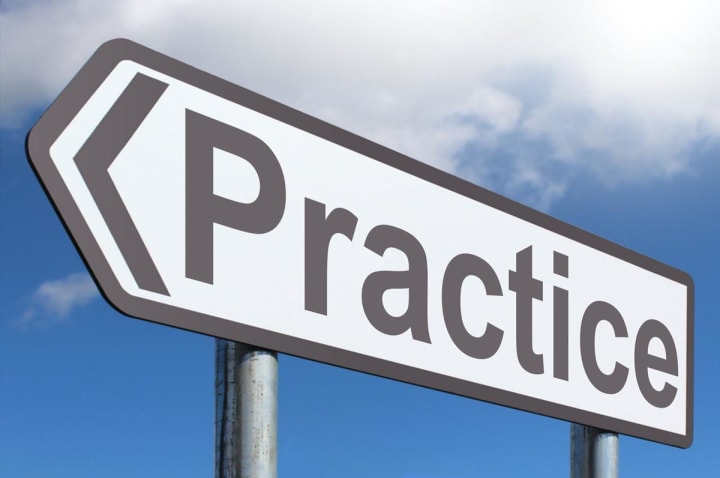5 Ways to Learn English Language Faster and Better.
These Types of learning will help you to improve each of your English skills and become fluent. Emma

The human brain possesses the ability to learn languages efficiently, but it requires exposure to real-life scenarios to activate this capability. Essentially, you need to send a clear and consistent signal to your brain that the English language is a vital aspect of your environment, one that you must acquire to thrive or succeed. By immersing yourself in English in your daily life, you create the perception in your brain that English is a tangible part of your existence and that learning it is crucial. Subsequently, you will unconsciously tap into your awakened learning faculties, propelling your English language acquisition to a new stage. This entails effortlessly absorbing every piece of information related to understanding English messages, as your mind naturally adapts to learning languages in authentic settings. The failure of many language learners to grasp a foreign language can often be attributed to a lack of motivation at a deep physiological and psychological level. When your mind perceives learning English as an arduous obligation imposed by educational institutions, parents, or poorly understood socio-economic reasons, it will not allocate valuable mental resources to such an uncertain endeavor. However, if your mind recognizes that English acquisition is an integral part of your reality and a factor influencing your success, you will realize that you are inherently equipped by nature to excel in this pursuit.
We're here to assist you in enhancing your English skills. In this brief article, we'll explore effective methods for enhancing your English proficiency. Whether you're starting from scratch or already advanced, there are techniques to accelerate and enhance your learning experience.
Firstly, fully immerse yourself in the language.
Surround yourself with English-language media, such as movies, TV shows, and music. This will familiarize you with the language's sounds and intonations.

Secondly, practice is key.
Regularly reviewing and practicing what you have learned is essential for developing proficiency in any language, including English. It enables you to enhance your skills and enhance your ability to retain new knowledge. To optimize your practice sessions, consider the following suggestions.
- Begin by establishing clear objectives: Prior to commencing your practice, take a brief moment to contemplate the desired outcomes you wish to attain. Would you like to enhance your pronunciation, broaden your vocabulary, or concentrate on a specific aspect of grammar? Establishing precise goals will enable you to direct your practice efforts and facilitate faster progress.
- Varying your practice activities can help maintain your engagement and prevent monotony. Experiment with a combination of diverse resources and activities, such as reading, listening to podcasts, watching films or TV shows, and conversing with a language exchange partner.
Speaking and writing in English regularly is crucial for skill improvement. Engage in conversations with native English speakers or fellow learners, and don't shy away from making mistakes. Learning a language requires time and dedication.

Thirdly, pay attention to your pronunciation.
English pronunciation can be challenging, so be mindful of how you speak. Practice tricky sounds like the "th" sound and leverage online resources, such as my channel, to enhance your pronunciation.
Accurate pronunciation holds great significance when acquiring the English language. Irrespective of your grammatical proficiency, it is crucial to pronounce words correctly. This facilitates clear understanding among others, eliminating the need for repetitive explanations. If English pronunciation poses a challenge, there is no need to despair. Thankfully, it is entirely feasible to acquire effective pronunciation habits through learning.

Fourthly, learn English in context.
Avoid merely memorizing isolated words; instead, learn how to use them in sentences and everyday conversations. This approach will deepen your understanding of the language and improve your communication skills.
Lastly, be patient with yourself.
Language learning can be frustrating at times, but don't give up! Consistent practice will yield noticeable progress. That wraps up today's discussion; we hope you've found these tips beneficial.

About the Creator
E Mohsen
I graduated with a degree in Mining Engineering and possess a strong passion for exploring the world, immersing myself in various cultures, and experiencing different environments.
Enjoyed the story? Support the Creator.
Subscribe for free to receive all their stories in your feed. You could also pledge your support or give them a one-off tip, letting them know you appreciate their work.






Comments (1)
I found this article beneficial and it was so productive for me, I hope it would be useful for other educators as well.